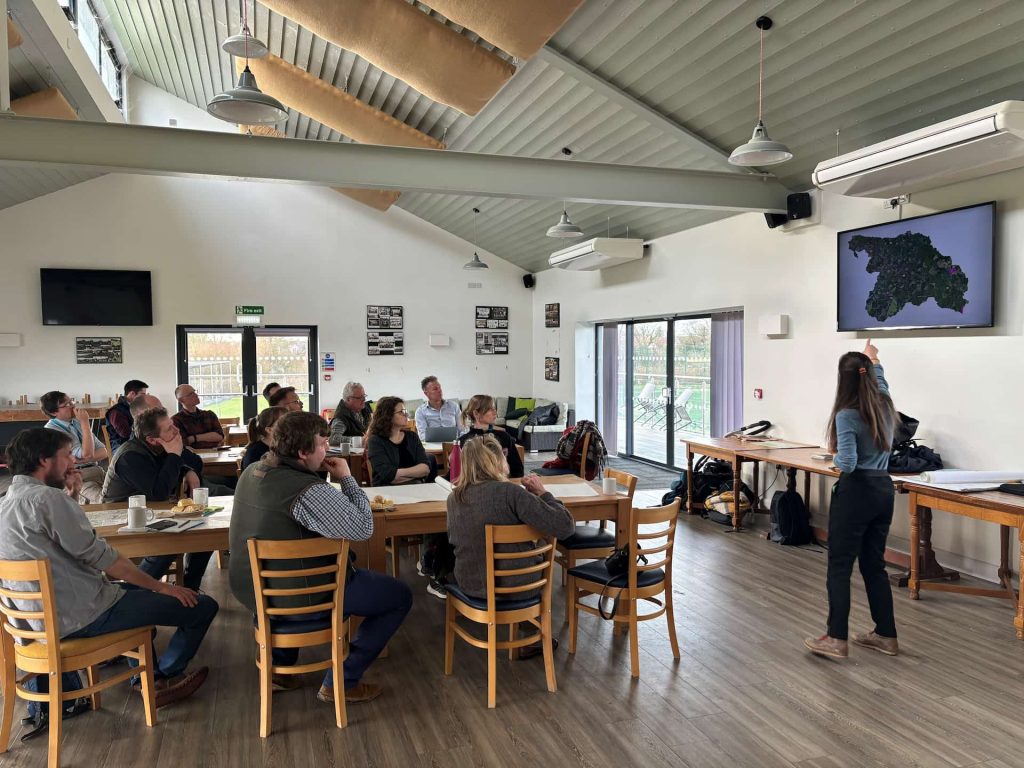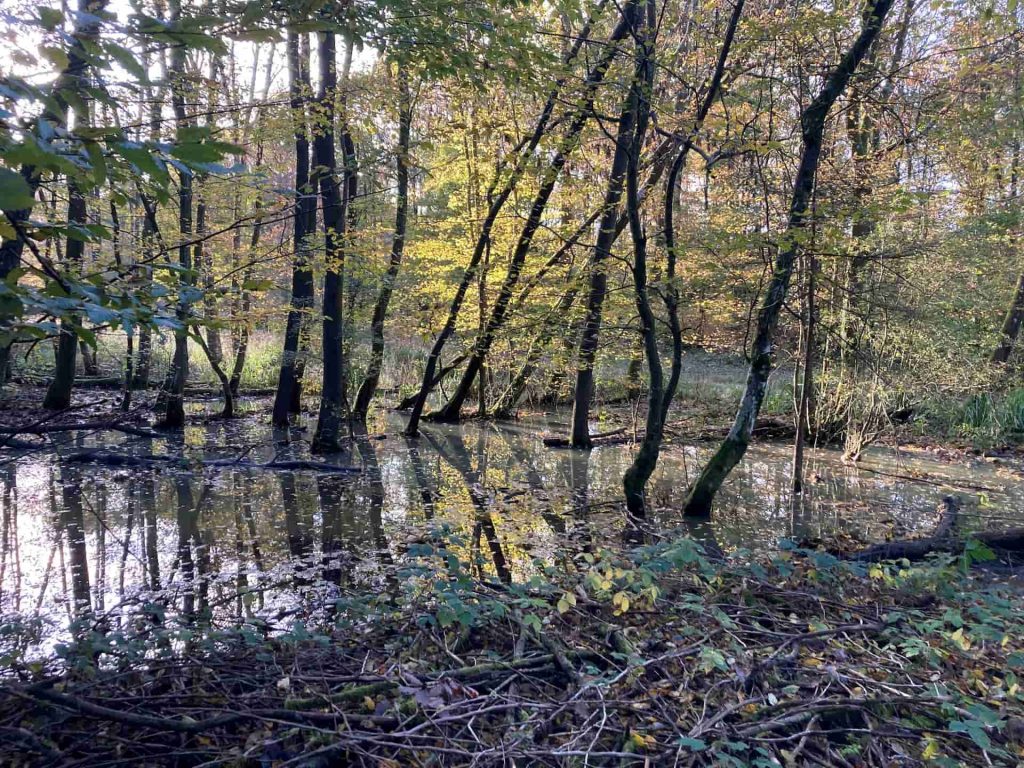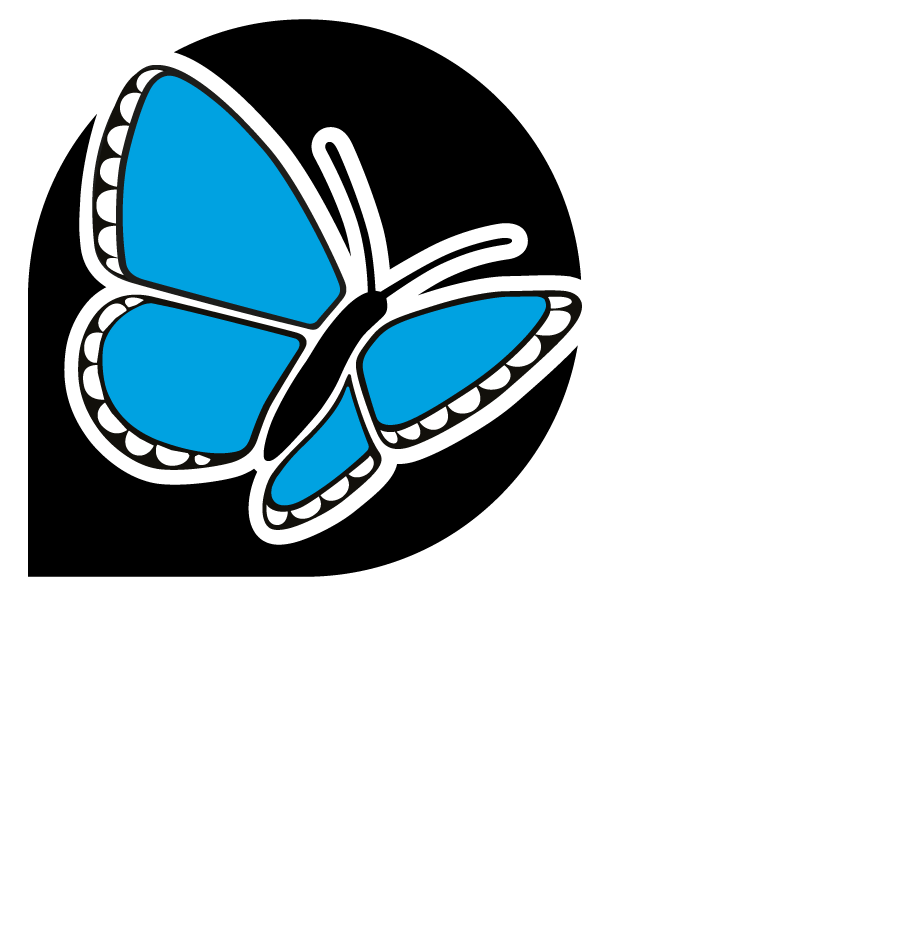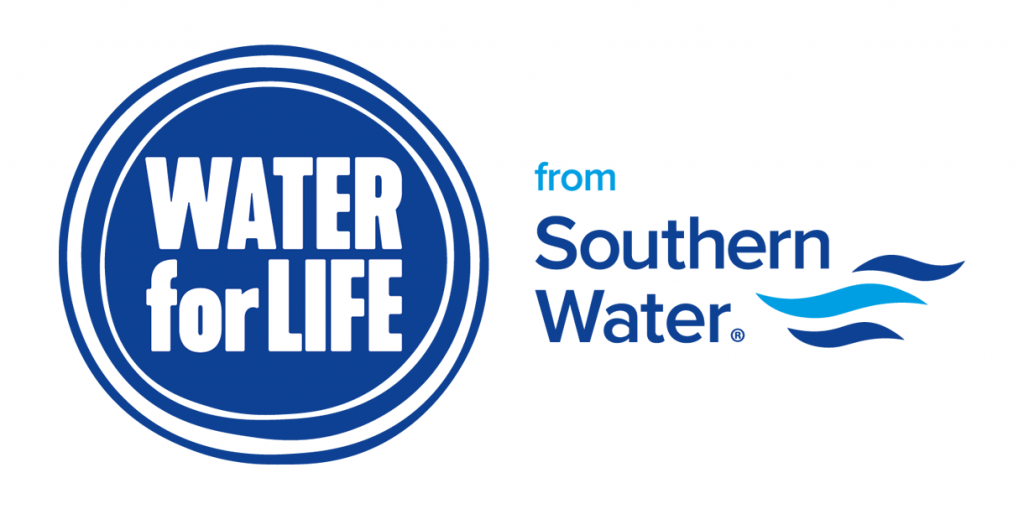March Update – Landscape Recovery in the Beult, Kerry Williams
Thank you to everyone who attended the Landscape Recovery meeting at Marden Cricket and Hockey Club on Thursday 15th February. We had a productive meeting hearing your thoughts on the various options available for the Beult. As a newbie to the project, it was great to meet some of you and hear about future plans. We have sent out a copy of the meeting minutes by email, which I’ve summarised here:
What are we already doing?
The short answer is a lot! It is clear that connectivity and collaboration are key components of the cluster and a theme which resurfaced throughout this meeting. Information gathering is also taking place across the catchment, with baseline surveys, water quality testing and nightingale surveys all underway. Mink trapping is supporting water vole and ground nesting bird species recovery, soil monitoring techniques are being shared, and habitat is being restored through field margins. Turtle doves are being given space through collaboration with neighbouring landholdings, and cooperation with the RSPB.

What more we could do?
Loads of ideas came up, with some key points being better understanding of available funding sources and opportunities for BNG. Another was to define a concise ambition and marketing plan to engage potential investors and the wider public in the good work the cluster is doing.

Further discussion points
- Landscape Recovery – overall there was keen interest in a LR project for the Beult, with a particular focus on a connected restoration pathway along the river. There was an acknowledgement that agreement across the cluster is key prior to this decision, and an understanding that not all landowners would have to submit land into the scheme. The minimum hectares required is 500ha. Water quality and woodland were of key focus as LR opportunities, especially in consideration of nightingales. Conservation grazing and regenerative agriculture were also mentioned, as these have been used in the Darent Valley LR pilot.
- Other funding – unique market opportunities to be identified prior to a decision. Voluntary biodiversity payments and the cluster still being in NEIRF until March were also discussed.
- Marketing/engagement – ideas were an article to share with farming publications, updated promotional materials, wider community engagement, and further PR for the significant species in the Beult, namely nightingale and turtle dove.
Following the meeting Ellen has sent out a call to interest to everyone in the cluster. Please do respond to let us know your thoughts!



